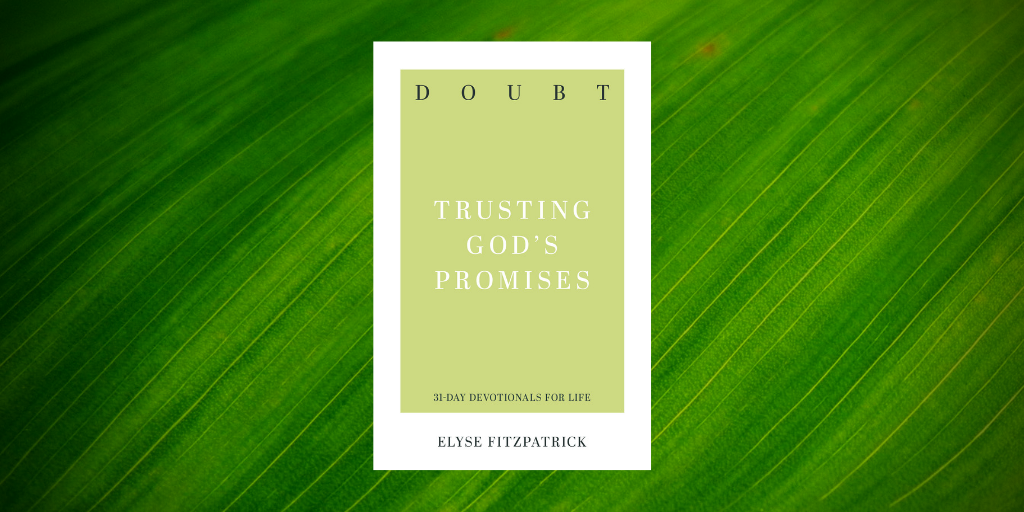Now the man Moses was very meek, more than all people who were on the face of the earth. (Num. 12:3)
I’m part of the generation that first learned about Moses by watching Charlton Heston stand before the Red Sea with his staff in his outstretched arm, commanding the waters in great faith to part so that the Israelites could pass through. Who hasn’t seen the epic 1956 movie The Ten Commandments?
That’s generally how we think of Moses: bold, fiery, filled with faith, making demands before Pharaoh (the most powerful man on earth), commanding bread from heaven, leading the rebels through the wilderness. In addition to being a strong leader, he was also called the most humble, or meekest, man on the earth. That’s quite a combination, isn’t it? His faith was strong enough to enable him to lead millions of people through extremely difficult times, yet his strength didn’t come from pride or narcissism. It came from humility and trust. Have we found someone with perfect faith? Let’s take a closer look.
You remember the story: Pharaoh’s daughter saved baby Moses out of the water and raised him in her household. Once he grew to manhood, he identified with the suffering Hebrew slaves and killed an Egyptian. He soon fled to the land of Midian, where he spent forty years tending flocks. Then, when he was eighty, he came face-to-face with God in a burning bush. After the Lord informed Moses of his identity, he said, “Come, I will send you to Pharaoh that you may bring my people . . . out of Egypt” (Ex. 3:10).
You would think that Moses, this great man of faith, would say, “Yes, sir, Lord! Sign me up!” But you know that that’s not what happened. No fewer than five times, Moses doubted God’s ability to use him to deliver his people. Five times he argued with a talking bush that burned but wasn’t consumed. Sometimes doubt makes us silly. And even after Moses had gone back to Egypt, he asked questions like “Why did you ever send me?” multiple times (Ex. 5:22; see also 6:12, 30).
Let’s fast-forward to the end of Moses’s life. He’d led the Israelites through the wilderness for years. He’d put up with their complaining and unbelief. He’d given them God’s law and built a portable church for them in the desert. Was Moses finally free from doubt now? No. Even after years of seeing God’s miraculous provision, Moses still didn’t fully believe. In a fit of unbelief and anger, he struck the water-giving rock instead of speaking to it. God diagnosed Moses’s problem: he did not believe in him (see Num. 20:12). Even though he saw miracles, spoke with God face-to-face, and was called the friend of God (see Ex. 33:11), Moses still doubted.
Take a few moments now to review the passages above. What are you learning about the interplay between faith and doubt? Was Moses used by God even though his faith wasn’t perfect? Yes, of course he was. What does that tell you about God’s ability to use you even though you struggle? Have you noticed times in your life when your doubt bred anger or self-indulgence? Can you name them?
— Elyse Fitzpatrick, Doubt: Trusting God’s Promises
Having more physical proof, like bread falling from heaven, won’t erase our doubt.


Comments